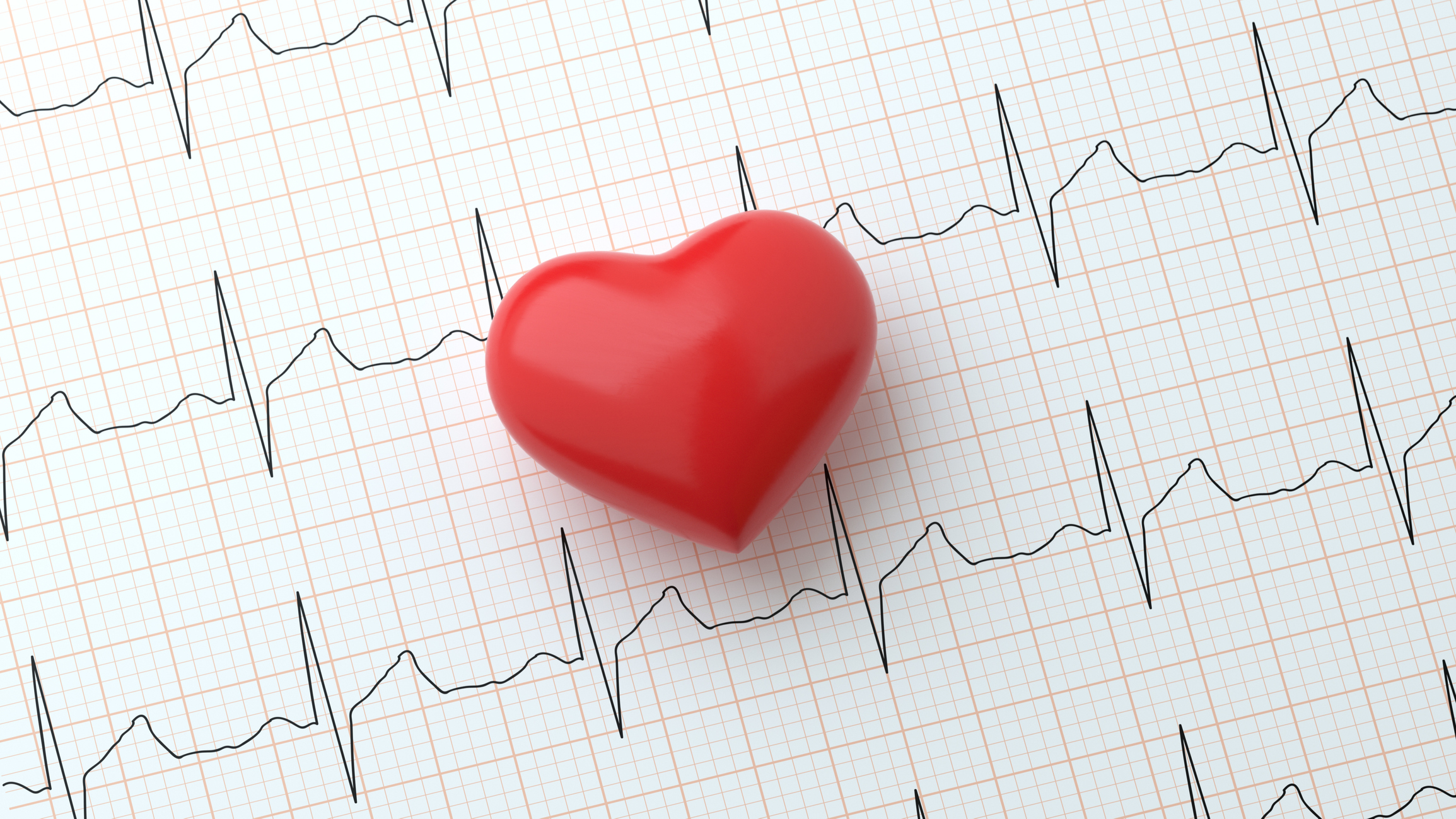Fast Facts for February About Your Heart Health

During February, which is American Heart Month, join us as we review some heart health facts. Since one in four deaths is related to heart disease, let’s remember the risk factors:
- Being overweight due to poor diet or a lack of exercise
- A family history of heart disease
- High blood pressure and/or blood cholesterol
- Diabetes
- Smoking
- Stress
The best first step you can take in the heart health contest is simple: schedule your yearly checkup with a primary care provider.
When you make this important appointment, you can ask about risk factors. Your provider can explain ways you can reduce your chances of heart disease. Initial screenings for cardiac health are part of your annual checkup, including a blood pressure check and blood tests for cholesterol and blood sugar.
Beyond that, there are heart and vascular screenings that include CT calcium scoring and artery evaluation. These are recommended for men 45 and older and women 50-55 or older. They can give you peace of mind or help your doctor address a condition sooner versus later.
You can’t change your genetics or family history, but you can take action to prevent or lessen heart health risk:
- Eat a diet low in salt, saturated fat and cholesterol. Include plenty of fresh fruits and vegetables each day.
- Be active. It’s optimal to get a total of 150 minutes of aerobic exercise per week – 30 to 40 minutes four to five days a week. Aerobic exercise is exercise that increases your heart rate, such as brisk walking, running, dancing, cycling or swimming. Some exercise is better than none. For example, if you can’t exercise for 30 minutes a day, take a 10-minute walk as part of your routine and add to it.
- Quit using tobacco. Consider using a cessation program for help.
- Limit alcohol – no more than one drink a day for women and two drinks a day for men.
- Take blood pressure and cholesterol-lowering medications as prescribed by your doctor.
Also, don’t overlook the impact that stress can have on your heart and vascular health. Find activities that reduce your stress. Do what works for you – relaxation techniques, deep breathing or a relaxing walk.
If you or a loved one experiences symptoms of a heart attack, call 911 right away.
- Chest pain or pressure, squeezing or fullness in the arms, back, neck, jaw or upper abdomen
- Shortness of breath
- Nausea
- Sweating with cool, clammy skin
- Lightheadedness or dizziness
Interventions to prevent further damage due to heart attack include the placement of primary stents or the administration of thrombolytic “clot-busting” drugs. These treatments can save lives and heart muscle, but timing is important. It’s important to get help as soon as symptoms appear.
When we take these tips to heart, we can all impact our heart health for the better. Wishing you and your family a happy and healthy February.
Floyd Valley Newsletter
By submitting this form, you are consenting to receive marketing emails from: . You can revoke your consent to receive emails at any time by using the SafeUnsubscribe® link, found at the bottom of every email. Emails are serviced by Constant Contact